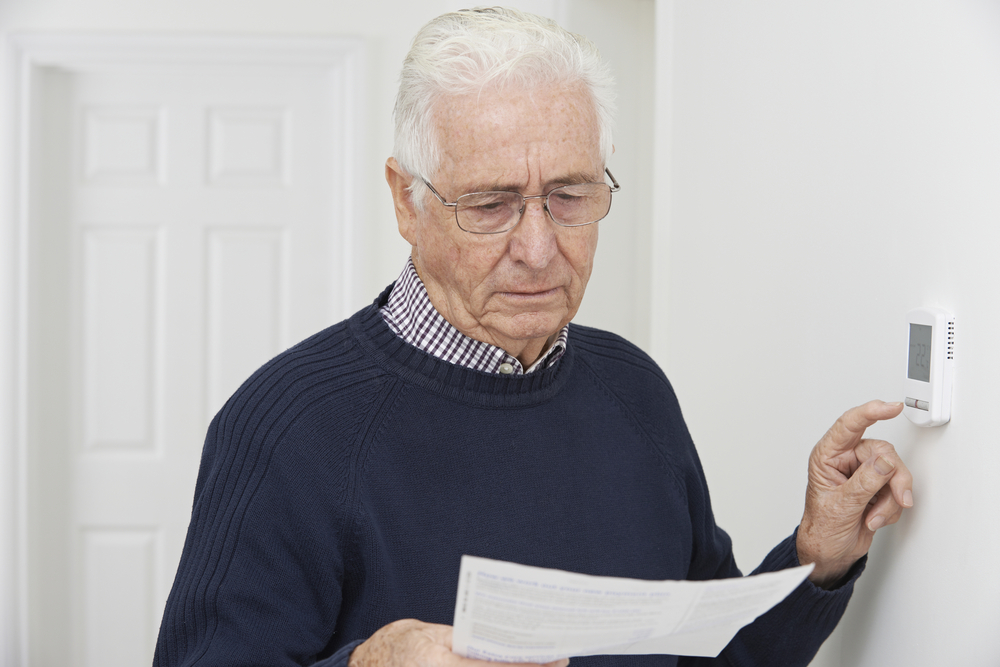Household Bills
More vulnerable energy customers to get help from suppliers

More customers in vulnerable situations will get extra help from their energy supplier, under changes to the Priority Services Register announced by Ofgem today.
The energy regulator said the changes will benefit hundreds of thousands of customers.
Currently, only people who are disabled, chronically sick, or of pensionable age are eligible to be signed up to the register.
Around 3.6 million electricity and three million gas customers (13% of customers for both fuels) are signed up to suppliers’ Priority Services Register.
This allows them to get free, vital services from their suppliers, including being given a password so they can safely identify representatives who visit their house and readings for customers who struggle to read their meter.
Some electricity network operators also give notice of power cuts and information on any help available during emergencies.
However, Ofgem is broadening the eligibility criteria for the register from January, to include any energy customers in vulnerable situations who need it – including those whose situation is temporary.
This could include customers with mental health issues which prevent them from understanding their bill, or for those who have injuries which stop them topping up their pre-payment meter.
Rachel Fletcher, senior partner, consumers and competition, said: “Energy is an essential service. We want to see more consumers in vulnerable situations protected. That’s why we’re working with suppliers to make changes to Priority Services so many more consumers get the tailored help that they need.”
Suppliers will also be obliged to take all reasonable steps to identify these customers and offer them the free services. This means picking up on signs of vulnerability from their day-to-day interactions with customers.
The move comes as previous research from Ofgem shows that only 24% of consumers are aware this extra support exists, partly because customers have to ask for it.